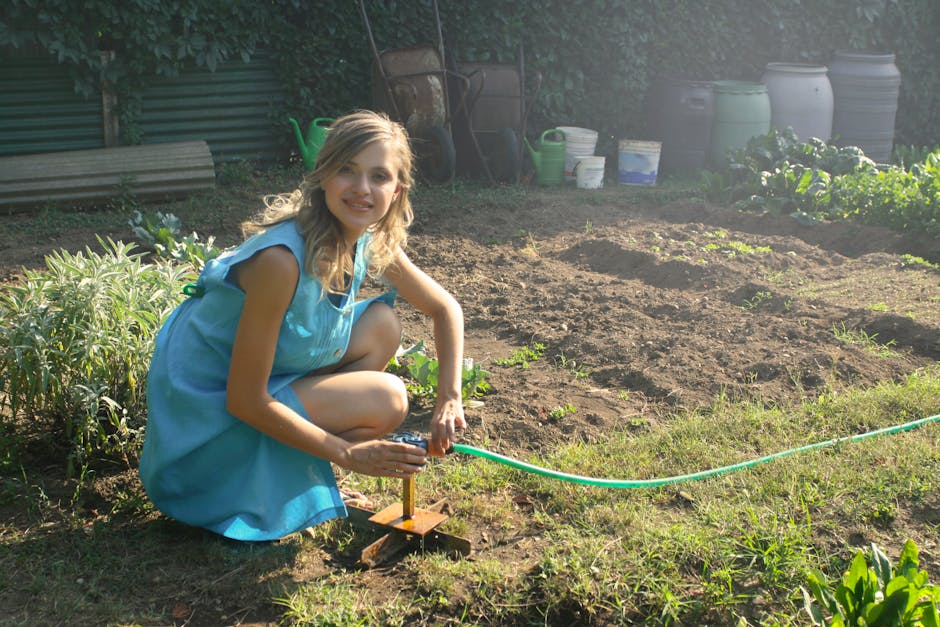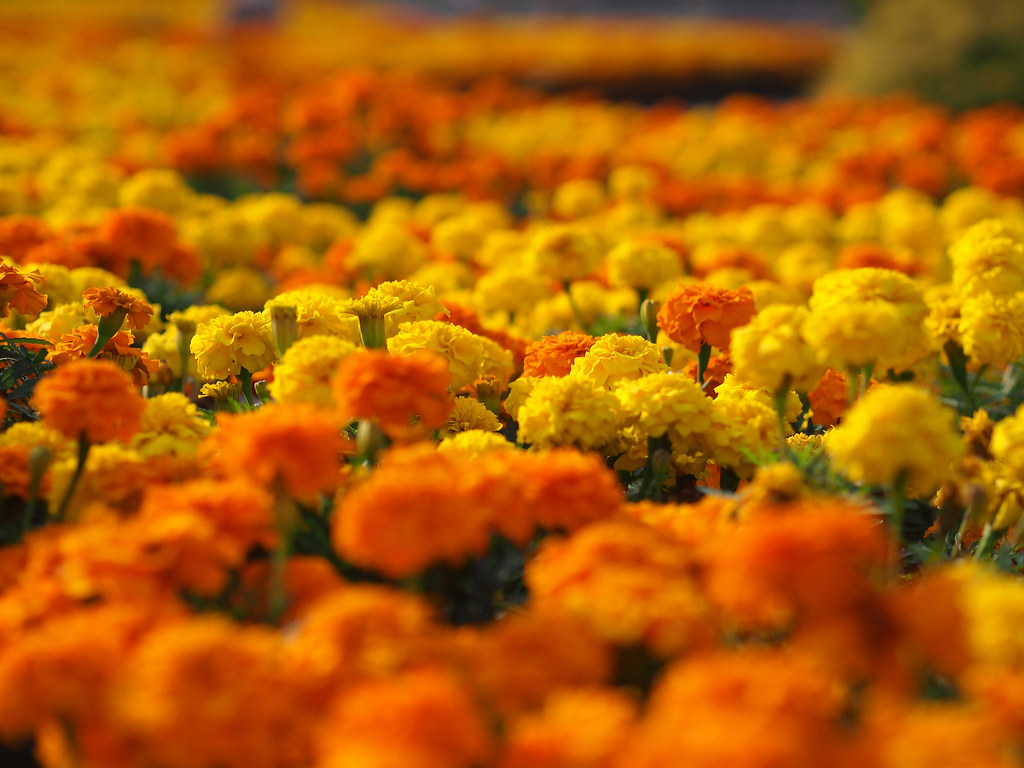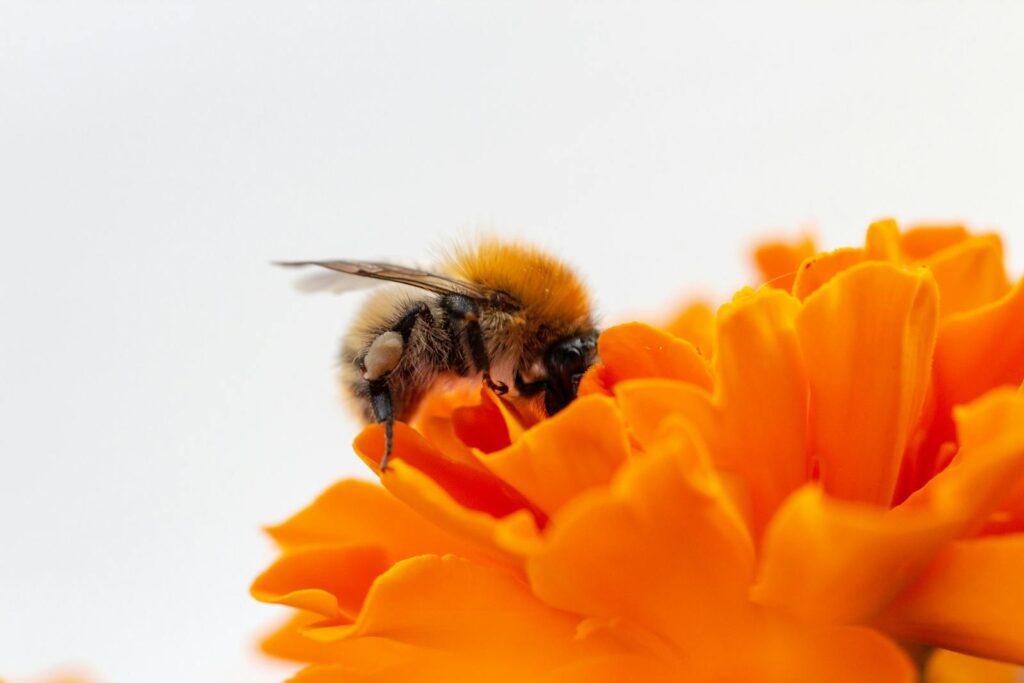Tips for Eco-Friendly Gardening.
Gardening is one of the best ways to practice sustainable living. Thast why we decided to bring forward our best tips for an Eco Friendly Gardening experience. It helps us grow our own food, connect with nature, and make our surroundings greener. Therefore Eco-friendly gardening is about making smart choices that benefit the environment, protect resources, and encourage healthy ecosystems.
Here are our best 12 sustainable tips, each explained in detail, to help you create a garden that supports the planet.

1. Use Compost Instead of Chemical Fertilizers
One of the most useful Tips for Eco-Friendly Gardening is using compost as a natural fertilizer made from organic waste, like food scraps and yard trimmings. Instead of using chemical fertilizers, which can pollute water and harm soil, compost adds essential nutrients back into the earth. It also improves soil texture, making it easier for plants to grow strong roots.
2. Collect Rainwater for Watering Plants
Using rainwater for your plants is a great way to save fresh water. Place a rain barrel under your gutter to collect rain, then use this stored water for your garden. Additionally rainwater is free of chemicals like chlorine, which is often found in tap water, making it healthier for plants.

3. Plant Native Plants That Grow Well in Your Area
Native plants are those that naturally grow in your region. They’re adapted to the local climate, soil, and pests, which means they need less water and fewer pesticides. Moreover by choosing native plants, you create a garden that’s easier to maintain and better for local wildlife like birds and insects.
4. Grow Your Own Fruits, Vegetables, or Herbs
Growing your own food is a sustainable choice that reduces the need for store-bought produce, which often travels long distances. Furthermore homegrown food is fresher, healthier, and free from harmful chemicals. Start small with easy-to-grow veggies like tomatoes, carrots, or herbs like basil and mint.
5. Avoid Using Harmful Pesticides
Pesticides can harm not only pests but also helpful insects, animals, and even humans. Instead, try natural methods to keep pests away.
For example, plant marigolds to repel insects, or use a mixture of water and mild soap to control small pests. Encouraging ladybugs and spiders in your garden can also help control pests naturally.

6. Use Mulch to Keep the Soil Moist
In the list of essential Tips for Eco-Friendly Gardening Mulch is very important. Mulch is a layer of material, like straw, leaves, or wood chips, spread over the soil. It helps keep moisture in, which means you’ll need to water your plants less often. Mulch also prevents weeds from growing and adds nutrients to the soil as it breaks down over time.
7. Plant Flowers to Attract Helpful Insects

Bees, butterflies, and other pollinators are essential for plant growth. Planting flowers like lavender, sunflowers, and daisies attracts these insects to your garden, helping your plants reproduce and bear fruit. In addition pollinators also play a big role in supporting biodiversity and healthy ecosystems.
8. Save Seeds to Grow Next Season
After your plants grow, you can collect seeds from them to use in the next planting season. Seed saving is an ancient practice that reduces waste and helps create stronger plants over time. For example, tomatoes, beans, and peppers are great for saving seeds and replanting.
9. Reuse Old Containers as Pots
Instead of buying new pots, look around your house for items you can reuse, like old cans, jars, or buckets. These items can be turned into unique plant pots. Just make sure to drill a hole at the bottom for drainage, so the roots don’t get too wet.
10. Start a Worm Compost Bin for Rich Soil
Worm composting, or vermiculture, uses worms to break down food scraps and other organic material, creating nutrient-rich soil. Worm compost, also called worm castings, is excellent for plants and helps improve soil quality. Start with a small bin, some soil, and red worms to begin composting right in your garden.
11. Plant Trees to Help Clean the Air
Trees play a crucial role in maintaining the balance of our environment by absorbing carbon dioxide from the air and releasing oxygen, which is essential for life. This process helps clean and purify the air, making it also fresher and healthier to breathe.
When you plant trees around your home, you contribute to this natural process while also benefiting from the many advantages they offer. One of the most noticeable benefits is that trees provide shade, which can cool your house in the summer. This also reduces the need for air conditioning and lowers energy costs, saving both money and energy.

12. Avoid Single-Use Plastic Gardening Tools
Plastic tools often break quickly and end up in landfills. Instead, choose tools made from durable, sustainable materials like metal or wood. If you already have plastic tools, take good care of them so they last longer, and avoid replacing them until necessary. or you can use cotton coated with beeswax to preserve your food.
